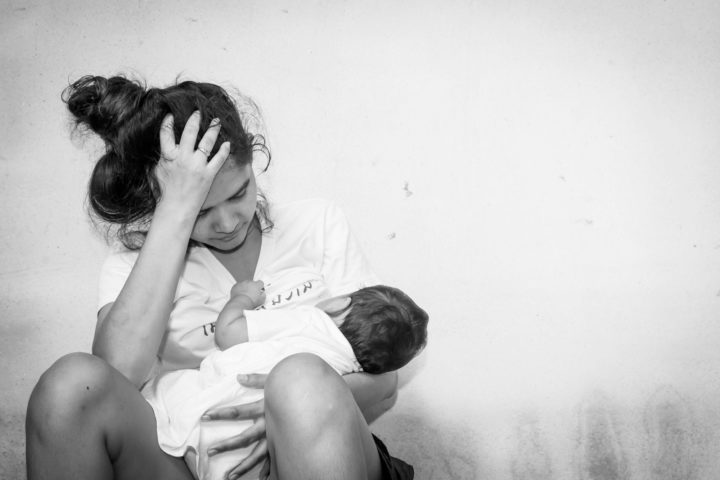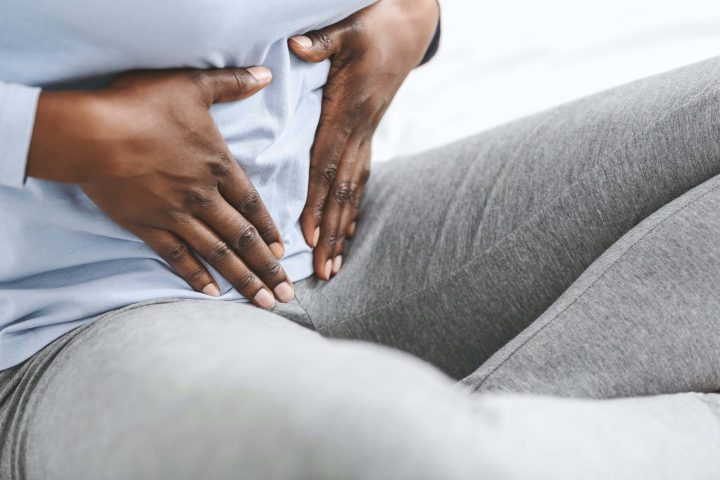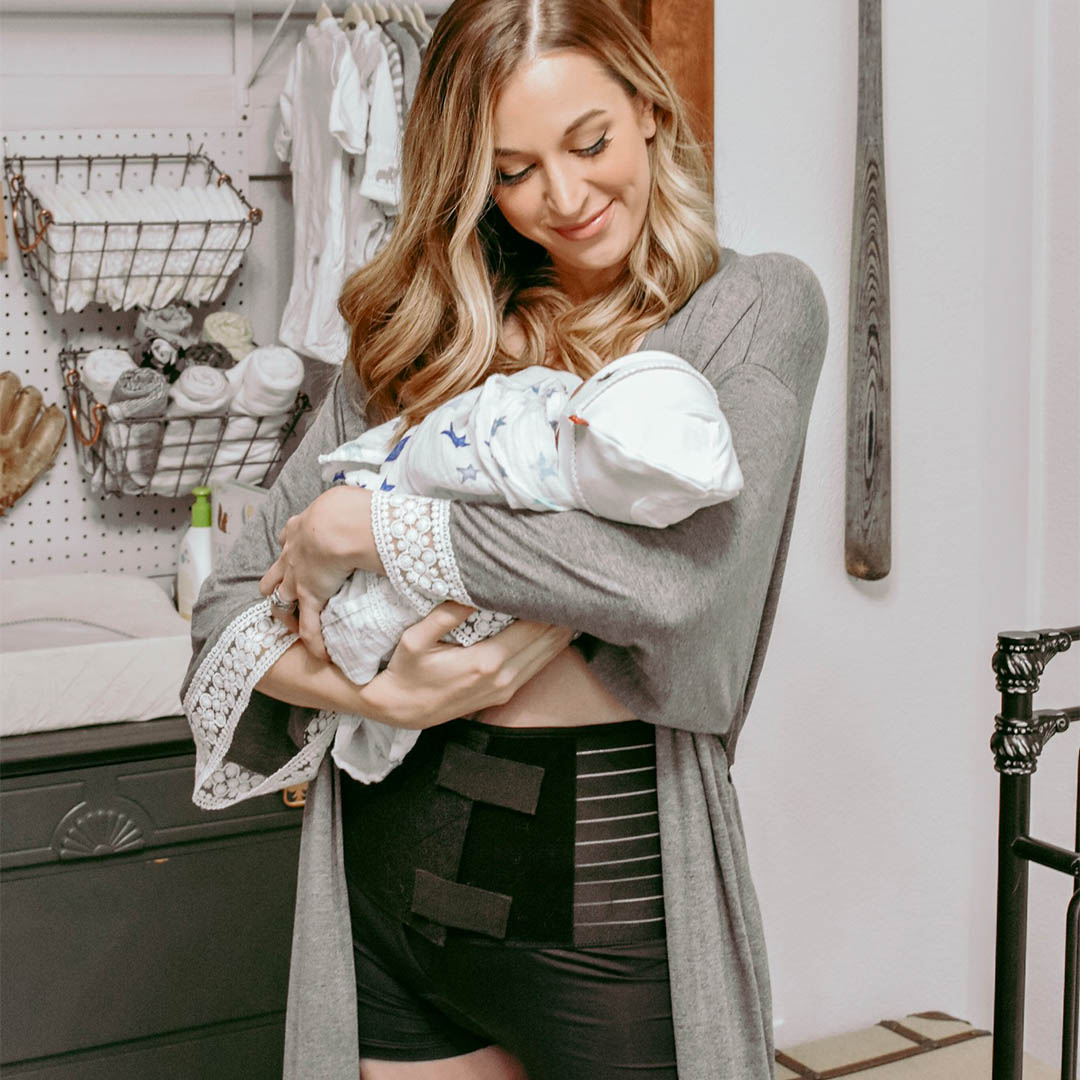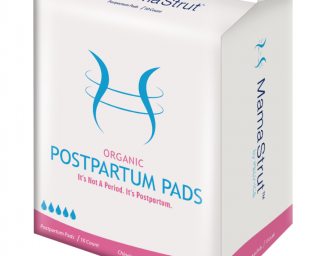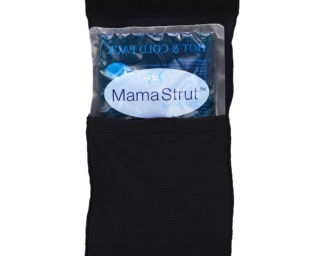When people think of the marathon that is pregnancy, the delivery of the baby is so often thought of as the finish line. But delivery is not the finish line. As most women who have given birth and care to an infant can attest, those postpartum months are not for the faint of heart.
Aside from the physical recovery, all so often an afterthought once the baby takes the front seat, there’s the emotional aftermath. Hormones are swinging on an enormous pendulum, sleep deprivation is at a lifetime high, and we are living our lives under the tyranny and erratic schedule of a tiny, unintelligible human we have just brought home to live with us for the foreseeable future.
Nothing in that paragraph is even a slight exaggeration.
It is no wonder, then, that nearly 15 percent of all mothers experience postpartum depression; safely double that for women in minority and impoverished groups (PEW). And while postpartum depression may now garner more attention than it used to as a very legitimate mental health concern, it still doesn’t begin to cover the spectrum of challenges and risks that accompany the “fourth trimester,” or the first 12 weeks a baby is born.
Now, consider if one of those challenges is opioid addiction.
While many female opiate addicts with medical support do abstain from using during pregnancy, the risk of relapse skyrockets after the baby is born. In states with limited Medicaid coverage, low-income women lose health care coverage two months after childbirth, which increases the risk that postpartum blues and drug cravings will result in an overdose (Vestal, 2018). So, after a six-week follow-up, still in a period of high stress, low sleep, and intense vulnerability, moms are essentially cut loose from care.
For recovering addicts, it is a recipe for relapse.
Case in point: In Utah, a study of pregnancy-related deaths (death within one year after having a baby) revealed that 80 percent of the deaths were drug-induced, and of those, about 80 percent were associated with opioids and happened after their last scheduled follow-up medical exam.
While it’s reasonable for care to focus heavily on newborn babies, it is also clear that someone in medical and social communities needs to be the watchdog for mothers at risk. A 2019 publication from the American College of Obstetricians and Gynecologists (ACOG) supports the inclusion of substance use disorder treatment and relapse prevention programs as part of a movement for stronger postpartum support services. This may include more attention to screening for moms with a known history of addiction, psychological treatment, and if needed, prescription of meds to curb withdrawal symptoms and cravings during the high-stress postpartum months.
Because of the high risk and occurrence of opioid relapse in women during the fourth trimester, light is now beginning to shine on developing more comprehensive care plans for mothers, particularly those with a history of drug addiction.
Some areas to refine:
- Screening for drug use during prenatal care, immediate post-delivery, and in the first three months after giving birth
- The extended window for maternal care after giving birth. The late postpartum period, from 43 days up to a year after delivery, appears to be the highest risk for relapse/overdose.
- Increased education about addiction in the obstetrics workforce
The good(ish) news is that it’s getting noticed. And there is a community of women who are supporting each other so the world will continue to make strides in caring for healthy babies AND healthy moms.
Sources
American College of Obstetricians and Gynecologists: Opinion, Number 711, August 2017. (Replaces Committee Opinion Number 524, May 2012) (Reaffirmed 2019). https://www.acog.org/Clinical-Guidance-and-Publications/Committee-Opinions/Committee-on-Obstetric-Practice/Opioid-Use-and-Opioid-Use-Disorder-in-Pregnancy?IsMobileSet=false
Vestal, Christine. PEW Stateline Article, August 14, 2018. https://www.pewtrusts.org/en/research-and-analysis/blogs/stateline/2018/08/14/for-addicted-women-the-year-after-childbirth-is-the-deadliest


